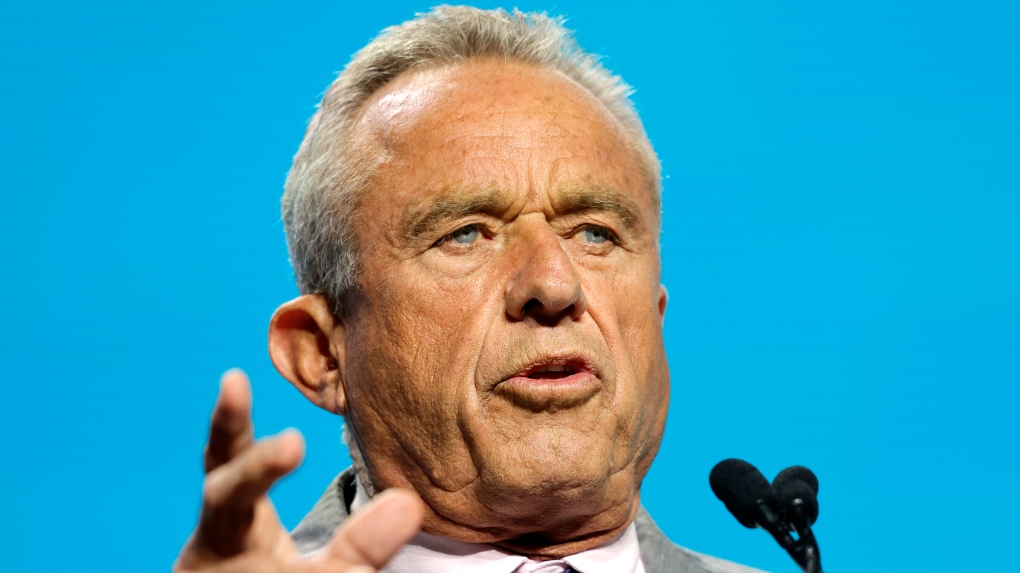In the bustling city of El Paso, Texas, a significant event unfolded as a prominent leader of a Mexican drug cartel appeared in federal court for the second time. Ismael "El Mayo" Zambada, a 76-year-old figurehead of the notorious Sinaloa cartel, faced U.S.District Judge Kathleen Cardone while seated in a wheelchair. This marked a significant moment in his decades-long reign, as he had managed to evade capture until a fateful journey that led him to American soil. Zambada's journey to the U.
S. began when he and Joaquin Guzman Lopez, son of the infamous drug lord Joaquin "El Chapo" Guzman, landed at an airport near El Paso on July 25. The authorities wasted no time in apprehending both men, who are now facing charges related to drug trafficking and other illicit activities. The presence of Zambada and Guzman Lopez in U.S. custody sent shockwaves through the international community, as it signaled a significant blow to the operations of the Sinaloa cartel. At the recent court hearing, discussions revolved around whether Zambada would stand trial alongside his co-defendants or face separate legal proceedings. Despite being held without bond, Zambada maintained his innocence and entered a plea of not guilty, a stance he also took during his previous court appearance. With his next hearing scheduled for September 9, the legal battle ahead promises to be arduous and complex. The legal team representing Zambada, led by attorney Frank Perez, has raised allegations that their client was forcibly brought to the U.S. by Guzman Lopez. These claims shed light on the intricate web of alliances and betrayals that define the world of drug cartels. While Guzman Lopez has also professed his innocence in a separate court case in Chicago, the tangled web of connections between cartel members continues to unravel. Unlike his flamboyant predecessor "El Chapo," who is currently serving a life sentence in the U. S., Zambada is believed to have played a more hands-on role in the day-to-day operations of the cartel. This distinction underscores the complex hierarchy within criminal organizations, where power dynamics constantly shift and evolve. Zambada's involvement in various U.S. cases, spanning from New York to California, has drawn attention to his pivotal role in the transnational drug trade. The recent capture of Zambada and Guzman Lopez has reignited discussions about the tactics employed by federal authorities in dismantling criminal enterprises. The secretive nature of such operations has sparked speculation and theories about the methods used to bring these high-profile figures to justice. This development has not gone unnoticed by Mexican President Andres Manuel Lopez Obrador, who issued a rare public plea urging rival cartels to refrain from escalating violence. As the legal proceedings against Zambada and Guzman Lopez unfold, the intricate web of alliances and betrayals that define the world of drug cartels continues to unravel. The capture of these individuals represents a significant milestone in the ongoing battle against organized crime and serves as a stark reminder of the enduring power of law enforcement agencies in disrupting illicit networks.Elusive Mexican drug cartel leader 'El Mayo' Zambada appears in Texas court
 3 months ago
3899
3 months ago
3899
Related
RFK Jr. Admits to Placing a Dead Bear Cub in Central Park a ...
3 months ago
3695
British Teenager Charged with Murder in Fatal Stabbing of Th...
3 months ago
3773
16-Year-Old Girl Disappears in Apple Valley
5 months ago
431
Trending in United States of America
Popular
Breathtaking Images of Spiral Galaxies Captured by the James...
9 months ago
26176
Major Technical Issue Threatens Astrobotic's Lunar Landing M...
10 months ago
25794
Lenovo Sees Growth in Solutions and Services Department, Des...
8 months ago
25753
SkyShowtime Implements New Policy Against Ad Blockers as Par...
8 months ago
24708
Vultr Implements Changes to Terms of Use After User Backlash...
7 months ago
23579
© NewsCognito 2024. All rights are reserved








 English (US)
English (US)